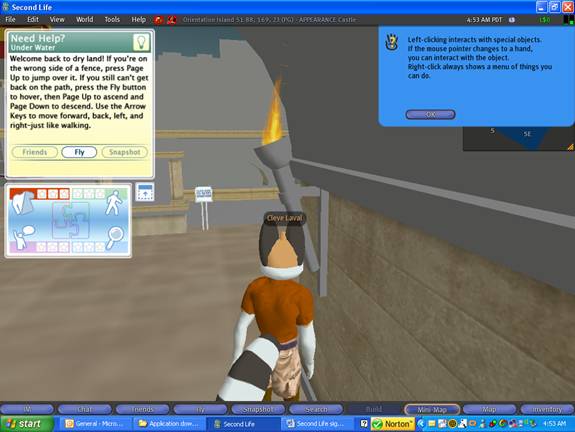

Printable PDF version
Subscribe to our newsletter
Preconstruction Services, Part 1
Market
Forecast: Variable
Photovoltaics
Get
a Second Life
Construction
Management Specialists
111 Pine Street, Suite 1315
San Francisco, CA 94111
(415) 981-9430
www.TBDconsultants.com
Preconstruction
Services, Part 1
Matt
Craske
What is involved in the Preconstuction Services of a GMP project? In this first part of an on-going series about GMP services we look at preconstruction estimating and scheduling.
Market Forecast: Variable
Oliver
Fox
What effect is the collapse of the housing market having on construction bids, and how is it affecting different sectors in the construction market? We address these issues in this article.
Photovoltaics are probably the most highly visible of the "green" technologies, but how cost effective are they? In this article we look at how developing technologies and changing energy costs are moving the balance in favor of PVs.
Geoff’s
IT Gems Is
video conferencing becoming passé? Instead of sitting in a conference room watching
other people on a large monitor screen, why not sit at your computer and have
your avatar interact these other people’s avatars? Second Life is an online virtual world where you “become”
a virtual person, or avatar, that can wander around, even fly around if you feel
like it, and interact with other avatars, just as though you were meeting other
people in the street. But this is not just another online game. Companies are
starting to make use of Second Life or similar “virtual worlds” to do business
in. Cisco
Systems (as reported in the Oakland Tribune, Oct 15, 2007) has four islands on
Second Life that are used for product demonstrations, training and meetings, and
is making virtual workrooms available for its staff. UC Berkeley uses Second Life
to make available some lectures and courses. Sun Microsystems has a virtual building, MPK20, to complement
its physical campuses, which is a boon for its employees that work remotely, because
it provides a way for them to get the interaction that telecommuters often miss
out on (which is one of the reasons telecommuting hasn’t taken off the way people
expected it to). Virtual
meetings are starting to be used by businesses, but it could be a few years before
they become mainstream. The technology behind the 3-D Internet (as IBM calls it)
is still relatively new, and it places a fairly heaving load on computers, even
compared to many other multimedia applications. But the steady, or geometrically
increasing, growth in computational power should rapidly reduce that drawback. Getting
users comfortable with the concept might be a bigger problem; even though Second
Life is a well-known application, it has attracted relatively few visitors compared
to many other Web 2.0 applications. Second Life is the best known virtual world, but others
are also available, and some are aimed directly at the business community. Unisfair
is one that provides virtual conferencing, trade shows, seminars, etc., and which
can be used for such things as marketing and recruitment. Now you have to decide
what suit your avatar should wear for your virtual job interview.
Get
a Second Life

The appeal of virtual worlds goes beyond the “green” reasons for video conferencing (i.e. cutting down on pollution by not traveling) because it adds an element, albeit a virtual one, of person-to-person interaction into the encounter. It is as easy to form separate breakout workgroups as it is in a regular meeting, which is not so easy to do with video conferencing. Virtual worlds can also appear to get you out of the normal office environs: for instance, the virtual workspaces that IBM makes available to its employees might be around a campfire, with a waterfall in the background. Let’s meet on the virtual putting green!
Design consultant: Katie Levine of Vallance, Inc.